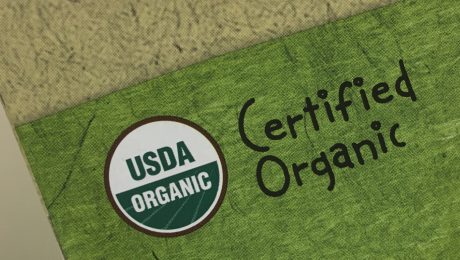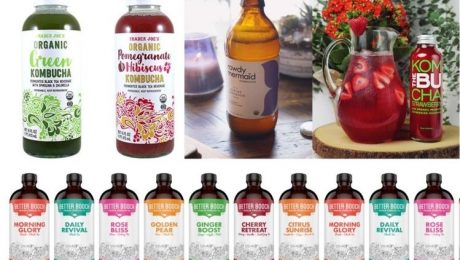Pickle Juice Sports Drink Receives USDA Organic Certification
The Pickle Juice received its USDA organic certification, big news for the only trademarked pickle juice sports beverage. The bottled drink also recently earned its OU Kosher Certification. A healthier alternative than traditional sports drinks, The Pickle Juice has no artificial flavoring or preservatives, and contains 14 times the electrolytes found in an average sports drink. Perfect for athletes, scientific research shows that pickle juice relieves muscle cramps in 60 seconds.
Read more (BevNet)
- Published in Business
The Regulations to Obtain FDA “Certified Organic” Label Pushes Out Smaller Food Producers
The FDA “Certified Organic” label is a double-edged sword for many food producers. The coveted certification is great marketing to consumers, but it’s a regulation nightmare to obtain. Bread bakers who use these smaller, local ag businesses for their ingredients must sell non-organic bread. Because of it, notes Milling & Baking News, the industry is dominated by big-name producers.
Read more (Baking & Snack)
- Published in Business
Kombucha: Alcohol or Tea? Lawsuit Pushes for ABV Transparency
Should kombucha be sold next to alcohol or soft drinks? Numerous big-name kombucha brands are under fire for alleged false advertising. Tortilla Factory (the parent company behind Kombucha Dog) is suing Trader Joe’s, Better Booch, Makana Beverages and Rowdy Mermaid Kombucha for supposedly violating the law by exceeding the 0.5% abv threshold. Tortilla Factory used a third-party lab to test the alcohol levels of the brands, and found their abv at 0.6-2.7%. Kombucha Dog is one of few kombucha brands that is sold as alcohol (it contains 1.4% abv), and they claim in the lawsuit that the mislabeling of the accused brands is unfair competition since most consumers will purchase a drink with lower abv. This is the second time Kombucha Dog has brought a lawsuit against kombucha brands. Earlier this year, they sued Health Ade and Humm Kombucha for understating their sugar content, allegedly putting double the amount of sugar in the drinks as the label states.
Read more (Food Navigator)
- Published in Business
Getting Salty with Lauren Friel, who’s opening wine bar Rebel Rebel at Somerville’s Bow Market
Boston wine guru Lauren Friel says, to fix the local restaurant industry, health codes need to be revised. Friel says food regulations restrict chefs from using ferments and cured meats, making it especially difficult to serve authentic Chinese or European food.




